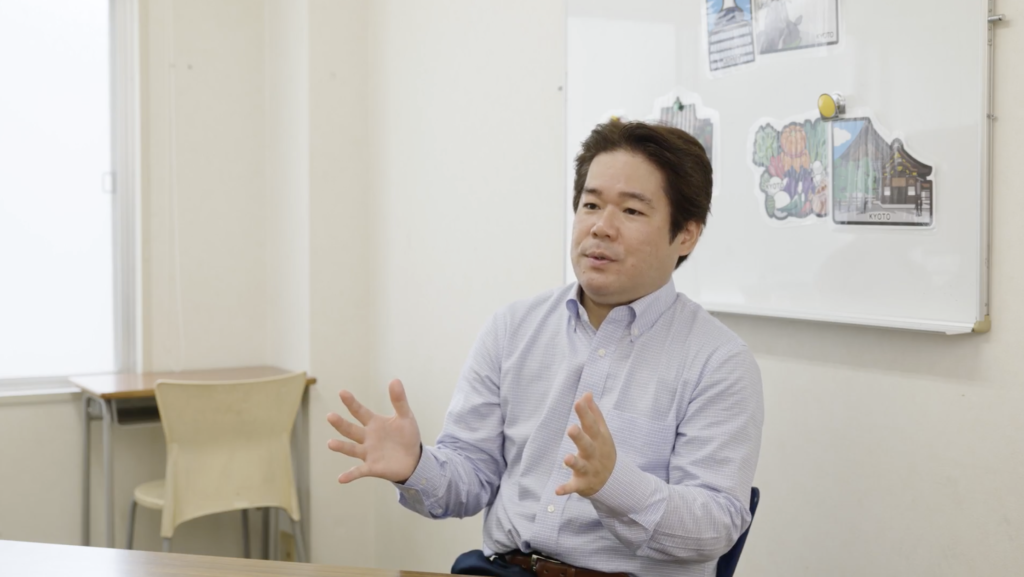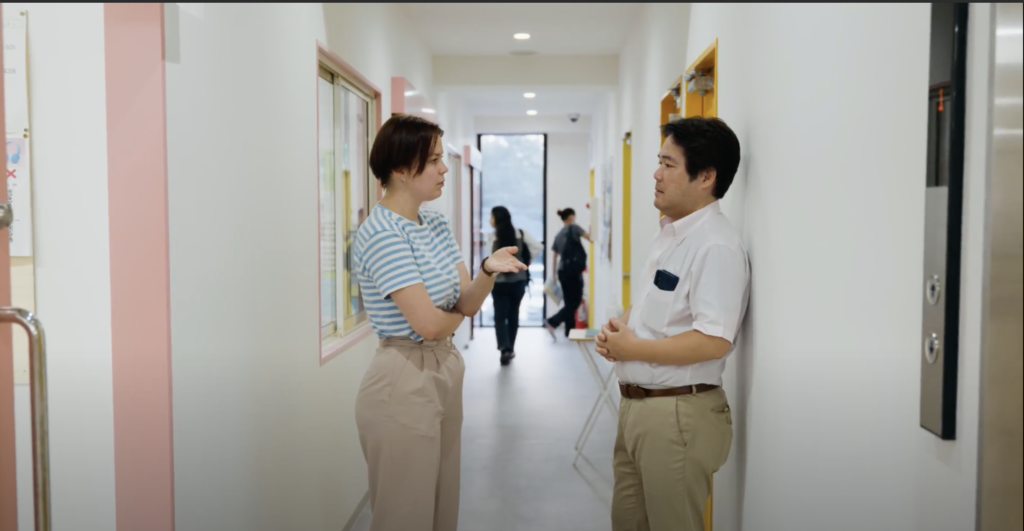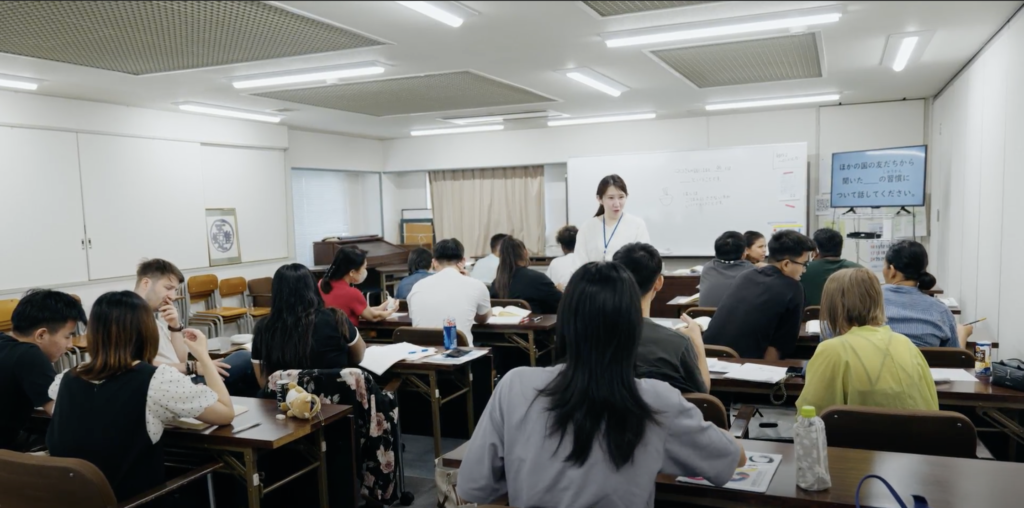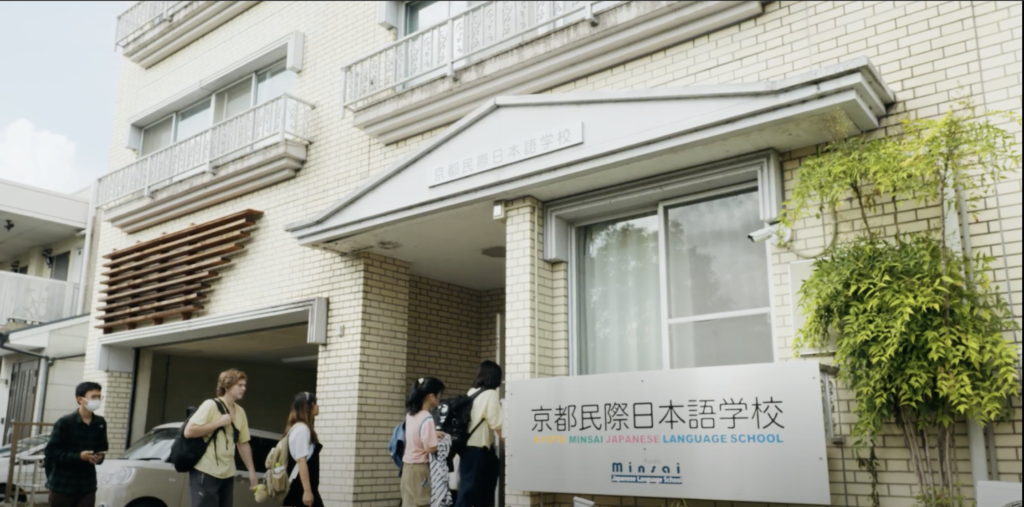
Q. How did you get involved with Pathways Japan?
We heard that Pathways Japan was taking in refugees and wanted to help them learn Japanese. We wondered how we could help, and since then, as a Japanese language school, we have hosted refugees every two years.
When we decided to accept refugees, we didn’t know who refugees were, and we thought we could do something to support them, but we didn’t know where to start, we were just learning and groping our way through.
Q. What was your impression of the students you admitted?
When I saw them, I thought they were working very hard because they knew they could not return home and that they had to make a living here somehow. We supported them by sensing how hard they were trying to learn Japanese and live in this country.
Support was not only for learning Japanese, but also for daily life, so I think we learned a lot from the support for daily life. The rest is mental support. Some of them have left their families in the country, so we also provide mental support.
I think there is a determination to “do something in Japan because I can’t go home,” and the students have become surprisingly proficient in Japanese over the past two years. Even the students who initially spoke in English when things got complicated now speak in Japanese normally, and I feel that they are very reliable. They are strongly aware that they have to take care of themselves, and although we supported them in the beginning, they soon changed their attitude to “I will do on my own and consult with you when I have a problem,” and I think their absorption ability was very fast. Also, about careers, I feel that they have been planning their future paths well from the very beginning of their enrollment.

Q. Have there been any changes on the school side?
Refugee students do very hard for anything, and I think that their hard work is being conveyed to other students. I think it has a positive effect on the other students, who feel that because he or she is working hard, they should work hard too. Refugee students are also enthusiastic about school events and join various events well, and there is a sense that we can always do something together.
For the school, they are not only studying Japanese, but they have to live here and build their lives in Japan. So our task is to teach Japanese while supporting them in their lives. Not that we were unaware of this, but there was a lot to think about.

Q. What are your goals for the future as a school?
Our school name “Minsai” means “to break down the boundaries between countries and connect people to people”. We have students from many different countries, and Kyoto is the center of Japanese culture, so we plan various events and provide experiences for students to learn not only Japanese language but also Japanese culture, and through these events, we would like students to make connections with each other. It is nice to hear that students sometimes get together with each other even after they go on to higher education or work in Japan or return to their respective countries.
I believe that the role of Japanese language schools will become more important in the future. As Japan’s workforce shrinks due to the declining birthrate and aging population, and the country moves toward accepting foreign workers from abroad, Japanese language schools will not only teach Japanese language, but also Japanese culture and manners not only to foreign students but also to those who work in Japan. I believe that Japanese language schools can bring about a good relationship with the local people who live in Japan. We would like to be not only a place to teach Japanese, but also a good community base and a source of information.

